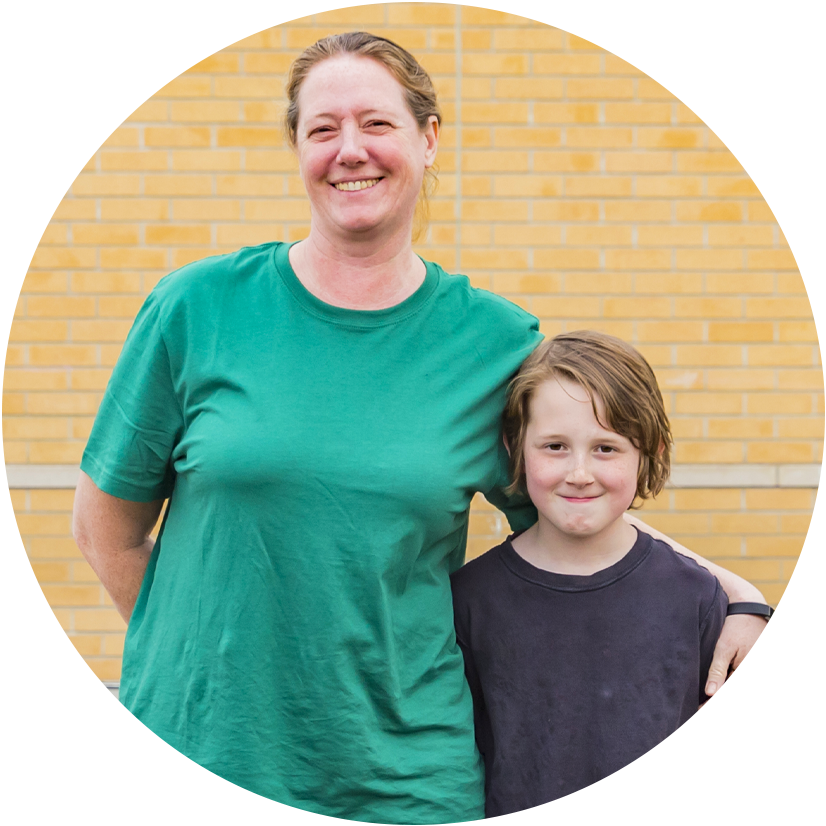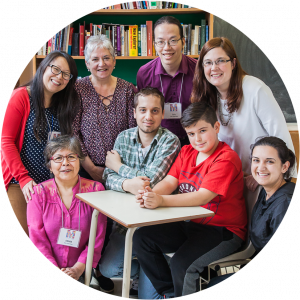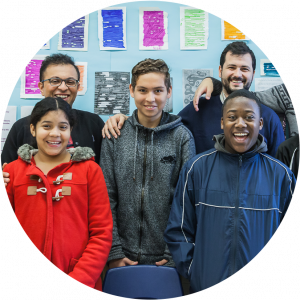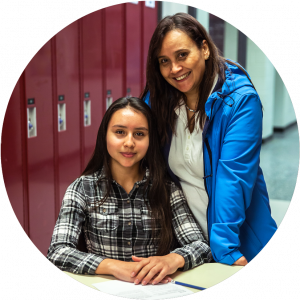The Issue
Children aged 5 to 12 are in a critical stage of development: the middle years. This is the stage where they explore their identities, learn new skills and habits, make friendships, and form opinions and attitudes about their communities and the world. While parents and caregivers are still of critical importance, children in their middle years also benefit from positive engagement with their extended families, friends, and communities. But not all children have access to the assets and opportunities they need to navigate this critical phase of life. For example, participating in after-school activities can be more challenging for children from lower income households than children from higher income households. Barriers like not having access to timely and affordable transportation, or having limited income to buy extracurricular supplies may play a role in restricting their participation. These barriers limit their access to healthy opportunities to explore their identity, build new skills and habits, and prepare for their next stage of development.
84%
of Indigenous families with children in Toronto live in poverty
40%
of first-generation children live in low-income families — compared to over 25% of second-generation children, and just over 10% of children who are third generation or more
33%
of racialized children in Toronto live in low-income families, compared to 15.1% of non-racialized children
How we help
United Way aims to close opportunity gaps caused by inequality and poverty by giving children in their middle years (5 to 12 years) opportunities that will provide a foundation for success in school and in the community. Our approach is to focus on enrichment and out-of-school activities for children. We also fund programs that provide support to parents, in order to enable their children’s success. United Way is particularly interested in increasing its investments in initiatives for children who face a greater risk of marginalization because of systemic barriers to equal access, opportunities, and resources due to disadvantage and discrimination. We particularly focus on initiatives that seek to provide children with academic enrichment and tutoring to enable success in school, and which help them build confidence through skills development and positive self-image.

After moving to a new community with my family, my nine-year-old son Andrew didn’t have an easy transition. He has attention-deficit/hyperactivity disorder (ADHD) and Tourette Syndrome, so he gets frustrated easily and has trouble controlling his impulses. Getting bullied a lot on the bus home from school contributed to him feeling like he didn’t belong. We needed help finding a way for Andrew to feel safe at school. Some kids at school told him about a United Way-supported after-school program that gave them an opportunity to play with other kids and make new friends. Having a safe space really helped Andrew adjust. He often worries about people liking him, and when you don’t know anybody and you’re getting picked on, that only amplifies those thoughts. I want him to be happy in his world and find his people, because everybody needs people. He’s made friends. Seeing friendly faces throughout the day makes him feel like he’s a part of his community.
Shannon, Andrew’s mother, a United Way program participant
Here’s how your local love helped kids aged 5- 12 feel like they belong:

19,215
Children and parents received enrichment and skill-building support to help children achieve their potential

11,218
Children built confidence through skill development and positive self-image

5,900
Parents and caregivers improved their understanding of child development and parenting
September 03, 2019
Respecting invisible disabilities is everyone’s job
When physical or mental challenges aren’t obvious, people often judge, shame or dismiss. Here’s how to do better